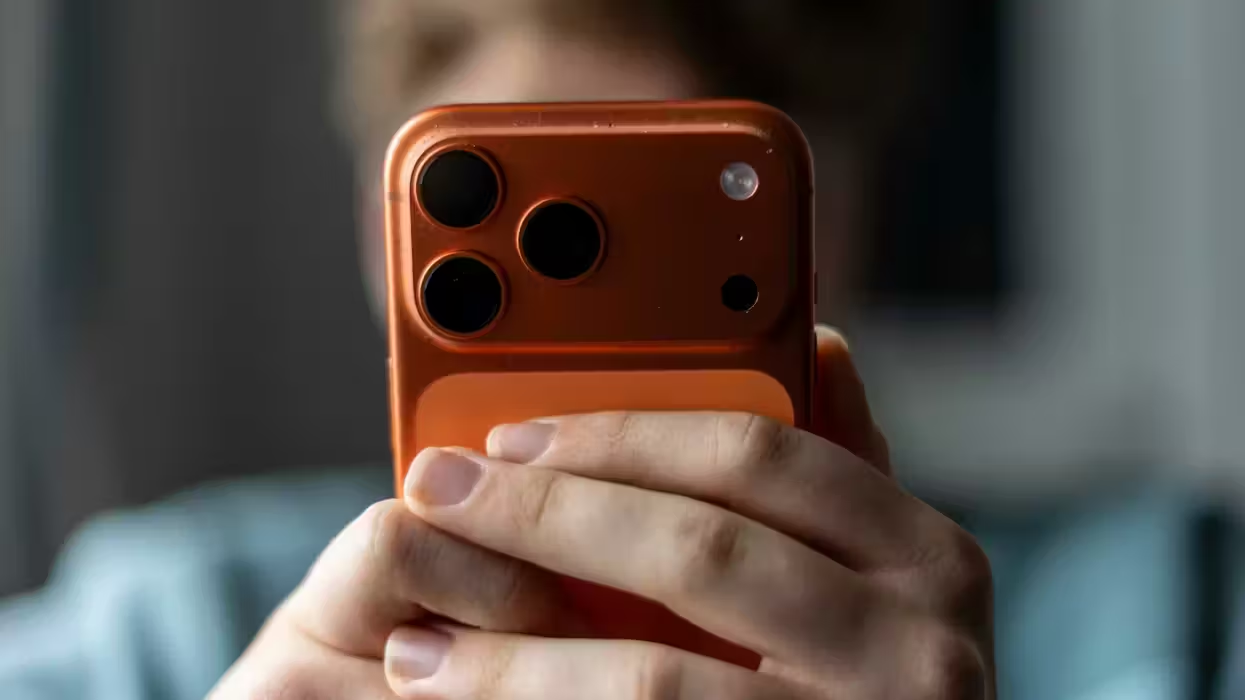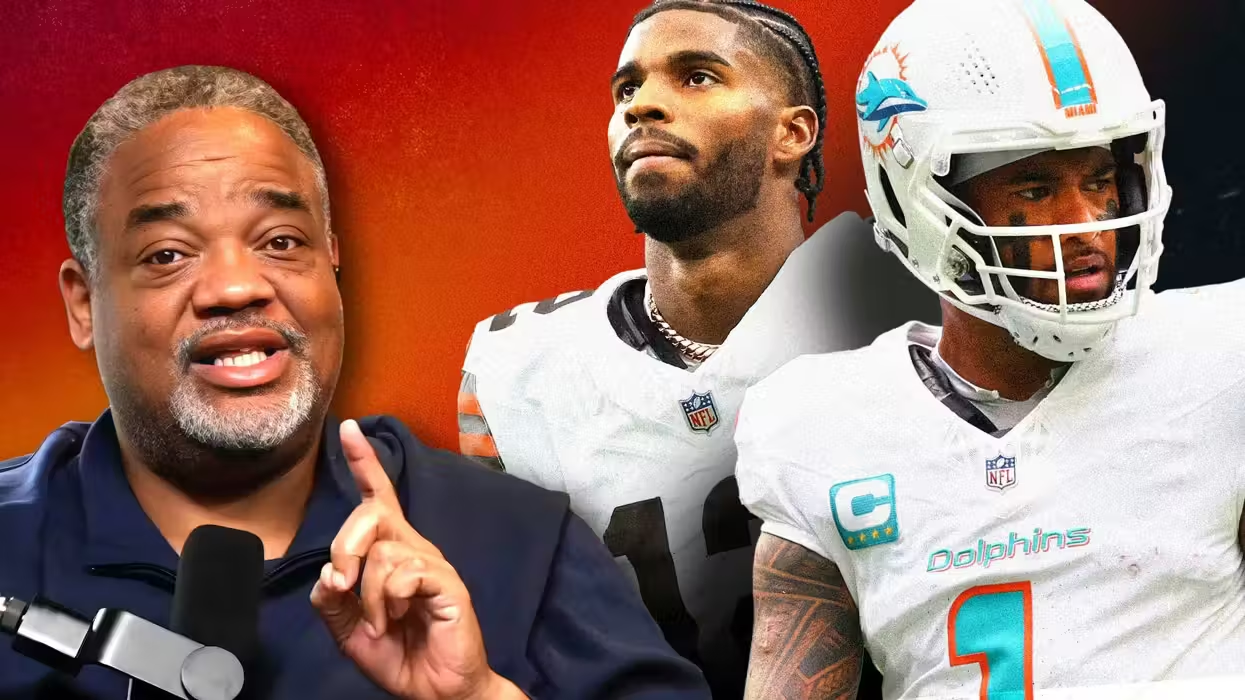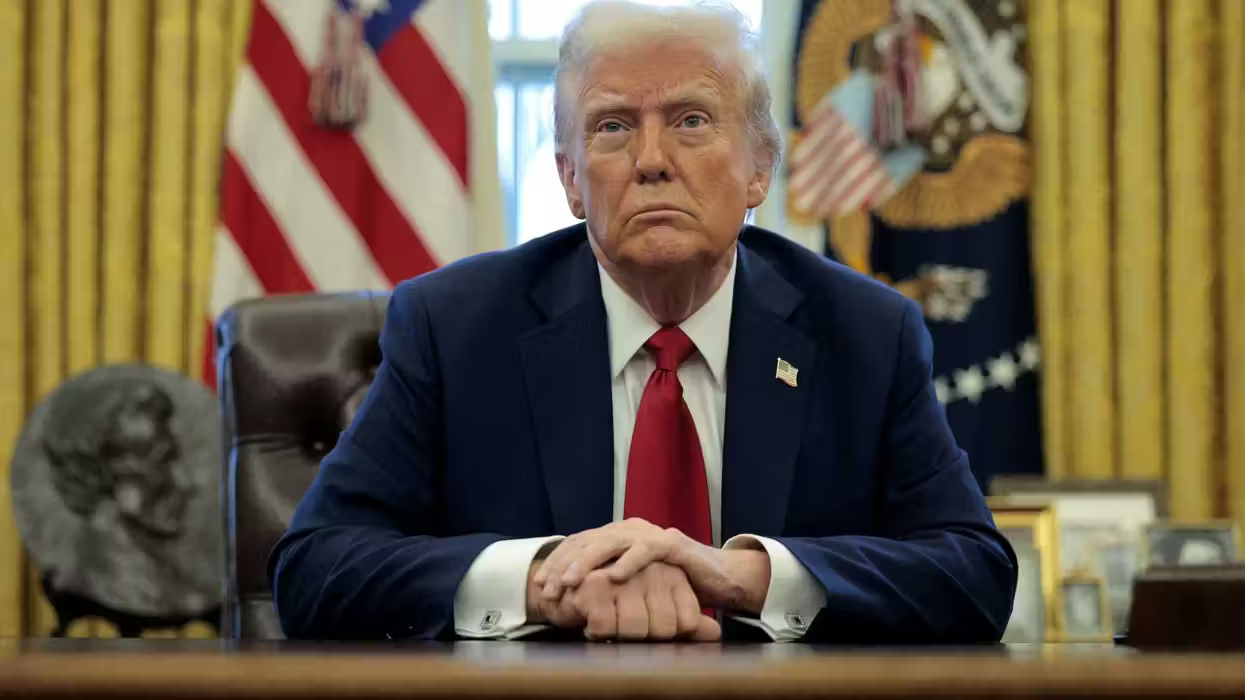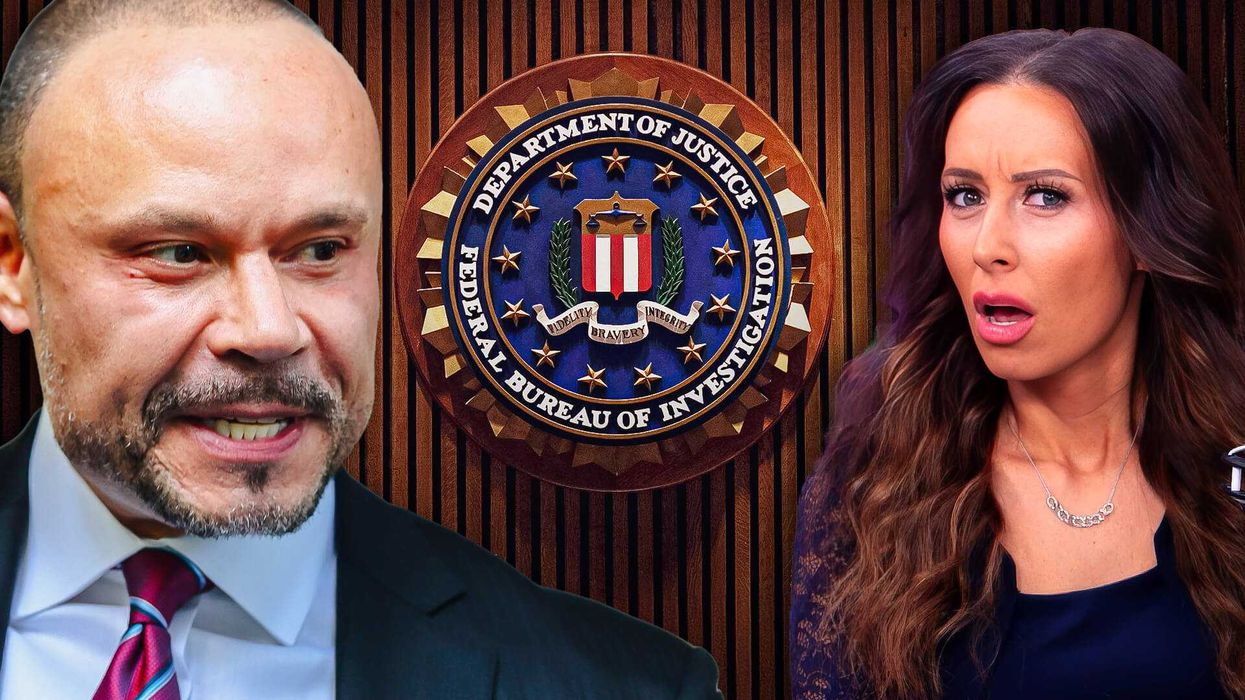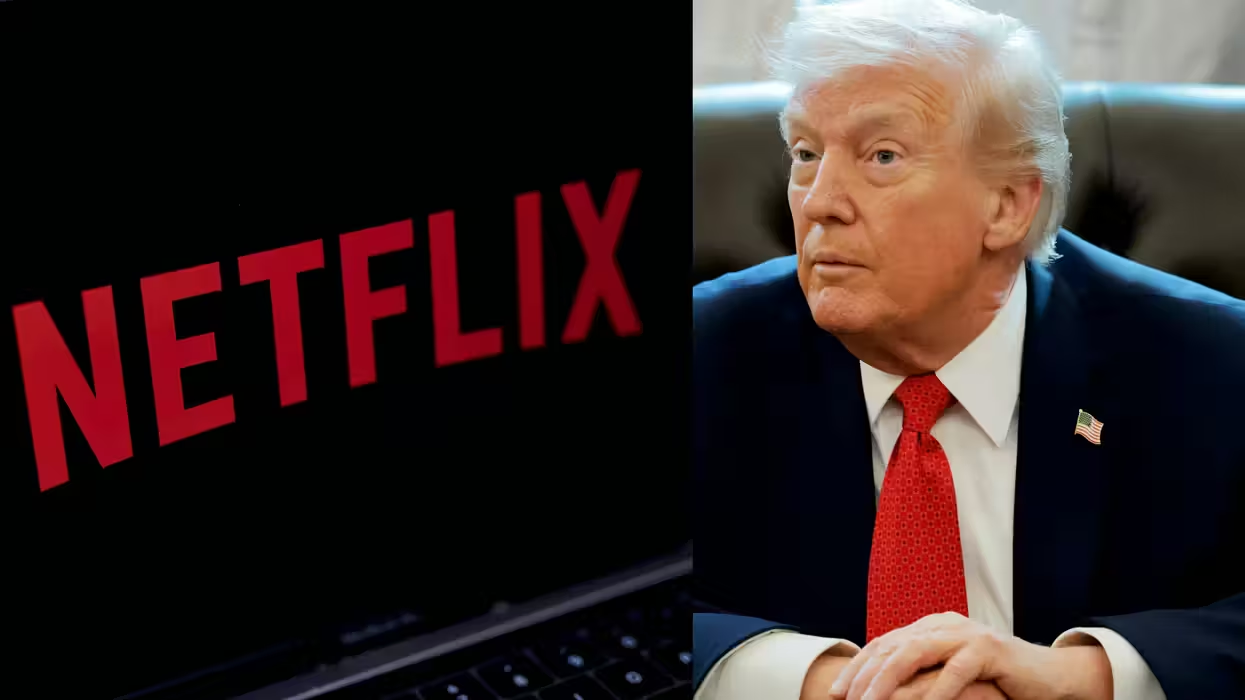
© 2025 Blaze Media LLC. All rights reserved.
The Proof of Innocence': Read the Math Problem That Got One Man Out of a Traffic Ticket
April 16, 2012
"...an illusion that the car does not stop..."

Remember when you used to gripe about doing mathematical proofs in high school arguing a lack of real-life applications for it to be worth your while? Well, here's how one man got off the hook for traffic ticket he received by using a math problem.
University of California-San Diego physicist Dmitri Krioukov was pulled over and issued a ticket for running a stop sign. While many wouldn't go through the hassle of actually fighting this ticket in court, Krioukov is an exception -- and he came prepared. io9 reports that he presented a mathematical paper to prove his innocence, aptly named "The Proof of Innocence," and convinced the judge of his case.
Here's the paper's abstract:
We show that if a car stops at a stop sign, an observer, e.g., a police officer, located at a certain distance perpendicular to the car trajectory, must have an illusion that the car does not stop, if the following three conditions are satisfied: (1) the observer measures not the linear but angular speed of the car; (2) the car decelerates and subsequently accelerates relatively fast; and (3) there is a short-time obstruction of the observer's view of the car by an external object, e.g., another car, at the moment when both cars are near the stop sign.
Krioukov further explains the detailed difference between linear and angular speed and how knowledge of such is crucial to making his case. He writes:
It is widely known that an observer measuring the speed of an object passing by, measures not its actual linear velocity by the angular one. For example, if we stay not far away from a railroad, watching a train approaching us from far away at a constant speed, we first perceive the train not moving at all, when it is really far, but when the train comes closer, it appears to us moving faster and faster, and when it actually passes us, its visual speed is maximized.This observation is the first building block of our proof of innocence. To make this proof rigorous, we first consider the relationship between the linear and angular speeds of an object in the toy example where the object moves at a constant linear speed. We then proceed to analyzing a picture reflecting what really happened in the considered case, that is, the case where the linear speed of an object is not constant, but what is constant instead is the deceleration and subsequent acceleration of the object coming to a complete stop at a point located closest to the observer on the object's linear trajectory. Finally, in the last section, we consider what happens if at that critical moment the observer's view is briefly obstructed by another external object.
After a series of graphs and equations to prove his point, Krioukov concludes that "[Officer] O's perception of reality did not properly reflect reality." Krioukov writes that because his car was moving in a constant linear deceleration, came to a complete stop and then accelerated at the same speed, it appeared to not have stopped.

There are no hard feelings though. Krioukov writes in his paper several reasons why Officer O's mistake was "fully justified," including the fact that the officer was not measuring linear speed but was estimating via visual angular speed; the linear deceleration and acceleration of the car were relatively high; and another car had briefly obstructed the officer's view.
Suffice to say, the court took Krioukov's word -- and mathematical proof -- for it. Still, the local NBC affiliate (via Gizmodo) reports Krioukov saying not everyone should try to be as cheeky as he had been to get out of traffic violations. He said the situation surrounding the events that happened lined up perfectly for him to make his case.
So, did he really stop? NBC asked Krioukov this question and with a smile he replied, "Of course I did."
Note: This story has been updated from its original posting to reflect that Krioukov is a professor at UC San Diego not UC-Davis as we mistakenly reported earlier. Thanks Blaze reader Dennis R. for pointing this out.
Want to leave a tip?
We answer to you. Help keep our content free of advertisers and big tech censorship by leaving a tip today.
Want to join the conversation?
Already a subscriber?
more stories
Sign up for the Blaze newsletter
By signing up, you agree to our Privacy Policy and Terms of Use, and agree to receive content that may sometimes include advertisements. You may opt out at any time.
Related Content
© 2025 Blaze Media LLC. All rights reserved.
Get the stories that matter most delivered directly to your inbox.
By signing up, you agree to our Privacy Policy and Terms of Use, and agree to receive content that may sometimes include advertisements. You may opt out at any time.

